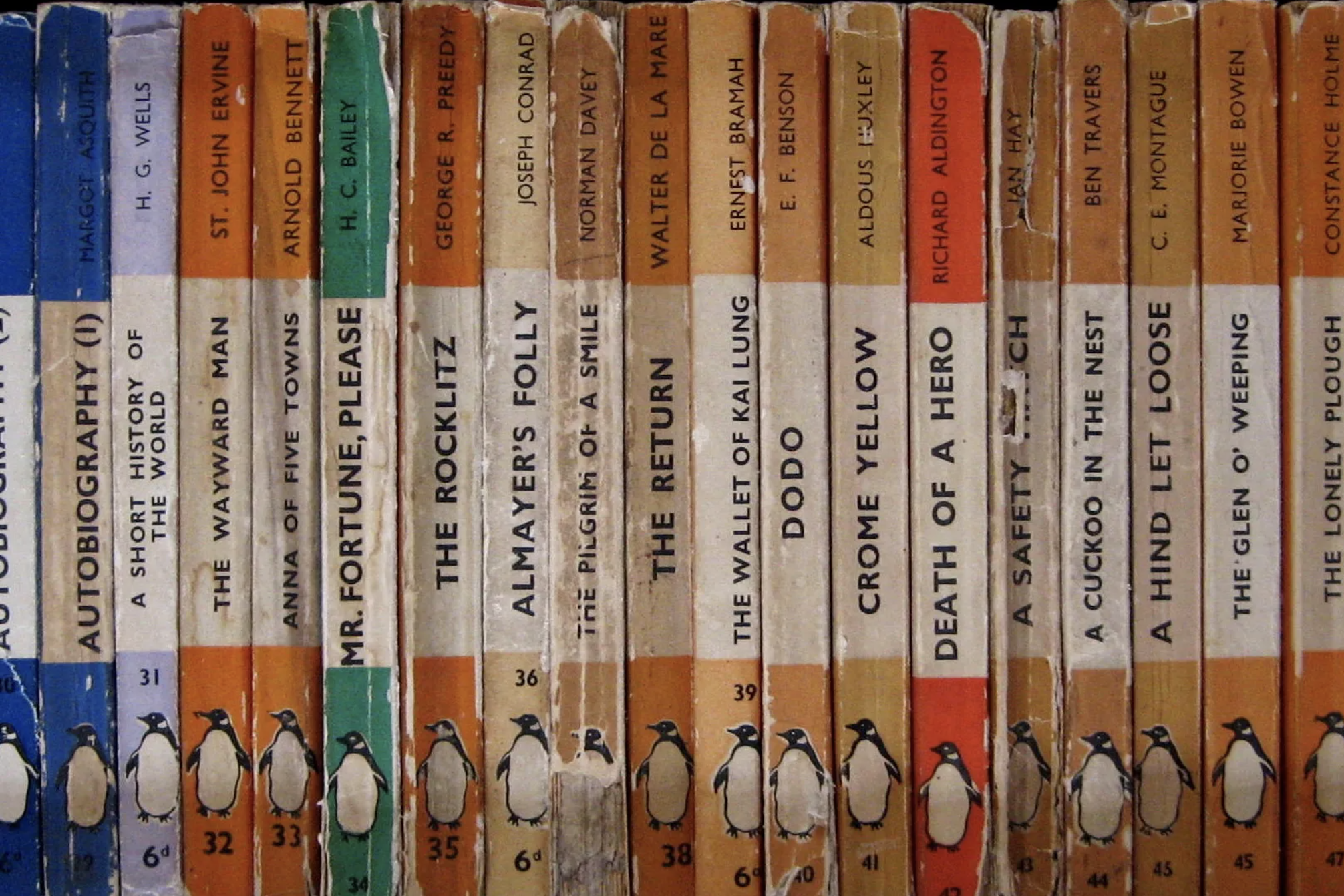Christopher J. Scalia, in 13 Novels Conservatives Will Love (But Probably Haven’t Read) hopes not only to refresh “how conservatives talk about fiction,” but also to disabuse the left of the notion that “conservative thought is an oxymoron.” He’s set himself a difficult task, since, as he notes, nobody reads any more; whether this is truer of conservatives than of the left, I don’t know. Using the form of a book in order to attract people who don’t read might seem odd, but Scalia knows his audience and his light, avuncular style proves engaging throughout. He’s also chosen a structure that even the most TikTok-numbed zoomer might appreciate: the extended listicle.
Eschewing the more obvious right-leaning writers (no hobbits here but no Atlas Shrugged, either, thank goodness), he instead ranges – rather eclectically – from Samuel Johnson to Christopher Beha, including authors who may not necessarily be considered of the right, but whose themes suggest that they are, at least, sympathetic to the concerns of conservatives. Thankfully, this doesn’t mean that the chosen novels have “a coherent corporate tax policy, a winning strategy toward China, or a blueprint to reform public education.” Instead, Scalia has selected works which explore:
The preference for gradual social and political change over sudden innovation and revolution; the recognition of the imperfectability of mankind and the consequent dangers – and inevitable doom – of utopian projects, an inclination toward time-tested traditions over abstract theory and untested innovation; a respect for religious belief, particularly in the Judeo-Christian tradition; and an emphasis on the institutions of civil society, especially the family.
As a blueprint for conservative beliefs, this seems a pretty fine one to me. A former professor of English literature, Scalia writes as if he’s giving a lecture, intimate and inviting at the same time.
We get a run-down of Johnson’s 1759 book The History of Rasselas, in which a prince of Abyssinia goes on a journey in search of happiness. I can’t imagine many people (even conservatives) have read Rasselas, but Scalia makes you want to. He links Johnson’s Enlightenment philosophy and his belief in the essentials of human nature to the American founding fathers and contrasts this open, humane worldview to the illiberalism of “identity politics and tribalism.” Instead of “communality and similarity,” he writes, these days we get “fracture.”
I very much enjoyed his account of Frances Burney’s first novel, 1778’s Evelina, which deserves much more attention, although I must complain: the poor girl was Fanny Burney throughout her entire life, and for centuries afterwards. I expect “Frances” was instituted in order to spare readers’ blushes.
Scalia’s message is exhortatory: conservatives ‘must know and perpetuate great works of art’
Burney’s late 18th-century novel concerns a young woman’s entrée into English society, which she must learn to navigate. This is not Austenland. There are drunken sailors, an attempted suicide, a fake robbery and a bet on a race between two old ladies; there’s also a ferocious monkey attack. What more could you want from a novel, I ask you? For Scalia, it reinforces the notion that selfishness and cruelty can be identified in all classes, and that good manners are the first defense against them.
It was also pleasing to be reminded of Walter Scott’s Waverley (1814). I hadn’t known that Mark Twain disliked Scott – and even blamed him for starting the Civil War (which seems a stretch, but there you go). Scott was once enormously popular, yet today, his tomes remain largely untouched – which is a shame, as they’re great fun, aside from anything else.
Scalia explores Scott’s novel’s attitude toward formal education and its inadequacy to prepare the titular hero, the Englishman Waverley, for life. It concerns the Jacobite Rising of 1745, led by Bonnie Prince Charlie, who wanted to chuck George I off the throne and replace him with the Stuarts. (Scalia also gravely informs us that Jacobites are so called because Jacobus is the Latin version of James Stuart: this gives you an idea of the kind of reader he’s aiming at.)
Waverley is aptly named. Despite being English, he finds himself driven to the Jacobite cause, only to realize that he’s made the wrong decision. This book makes the cut because of its conservative attitude to “social and political change”; the Hanoverians, thinks Scott, ought to stay put.
Particularly pertinent to Scalia’s theme is the fall of the utopian community in Nathaniel Hawthorne’s 1852 novel The Blithedale Romance, where reality presses in on idealism. Take heed, all those who seek to rerun socialist experiments.
We read, too, of the importance of duty in George Eliot’s Daniel Deronda (1876); of the immigrant experience, in all its successes and failures, in Willa Cather’s My Ántonia (1918); of the “fervent Republicanism” of Zora Neale Hurston and of Evelyn Waugh’s scathing attitude to both colonizer and colonized in his journalism satire, 1938’s Scoop, among others.
Scalia’s message is exhortatory: conservatives must be “thoughtful and energetic” and “must know and perpetuate great works of art.” This clear-sighted, intelligent book contains much in it to delight readers familiar with the works cited and those who are not.
Will we see Donald Trump perusing Middlemarch before long? Is this the book that could make America read again? We can but hope.
This article was originally published in The Spectator’s August 2025 World edition.


























Leave a Reply